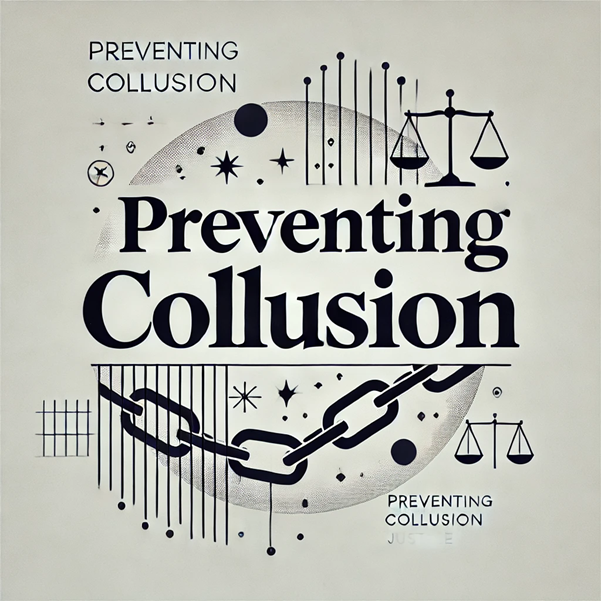By Adv Siddharth Narang, Partner Agreya Legal
Collusion, which involves businesses conspiring to manipulate markets or restrict competition, can have detrimental effects on consumers, competitors, and the overall economy. Here are some key compliance mechanisms that can help mitigate collusion and promote ethical business behaviour:
- Antitrust Laws and Regulations: Governments enforce antitrust laws to prevent collusion and ensure fair competition. These laws typically prohibit practices such as price-fixing, bid-rigging, and market allocation agreements. Compliance with antitrust laws requires businesses to understand these regulations and ensure their practices align with them.
- Code of Conduct: Establishing a clear and robust code of conduct is essential for promoting ethical business practices. A code of conduct outlines expected behaviour, values, and principles that employees must adhere to. It should explicitly prohibit collusion and guide how to handle situations involving potential antitrust violations.
- Whistleblower Protection: Encouraging employees to report suspected collusion or unethical behaviour is vital for early detection and prevention. Companies should establish whistle-blower protection mechanisms to safeguard employees who come forward with concerns. Anonymity and protection from retaliation are essential components of effective whistle-blower programs.
- Third-Party Compliance Reviews: Engaging third-party firms to conduct compliance reviews and assessments can provide an objective evaluation of a company’s practices. These reviews can identify potential compliance gaps or areas of improvement and offer recommendations for strengthening compliance efforts.
- Transparent Reporting and Disclosure: Companies should maintain transparency in their business practices and financial reporting. Businesses and governments must ensure the public availability of all pertinent information, such as pricing data, market trends, and other relevant metrics. This transparency is crucial in thwarting collusion attempts by increasing the difficulty for companies to coordinate their activities and manipulate market conditions. Clear and accurate disclosure of relevant information helps build trust with stakeholders and reduces the likelihood of collusion going undetected.
- Consequences for Non-Compliance: Establishing clear consequences for non-compliance with ethical standards and antitrust laws is essential for deterrence. Penalties for engaging in collusion or other unethical behaviour should be consistently enforced, sending a strong message that such actions will not be tolerated.
- Educate consumers: By knowing their rights and understanding the dangers of colluding, consumers can help stop it. Governments and businesses should share info on antitrust laws, pricing rules, and other important topics with consumers. This builds a fair and competitive culture, which can discourage companies from colluding.
By taking these steps, businesses and governments can ensure that markets are fair and competitive and that consumers are protected from the negative effects of collusive behaviour.

